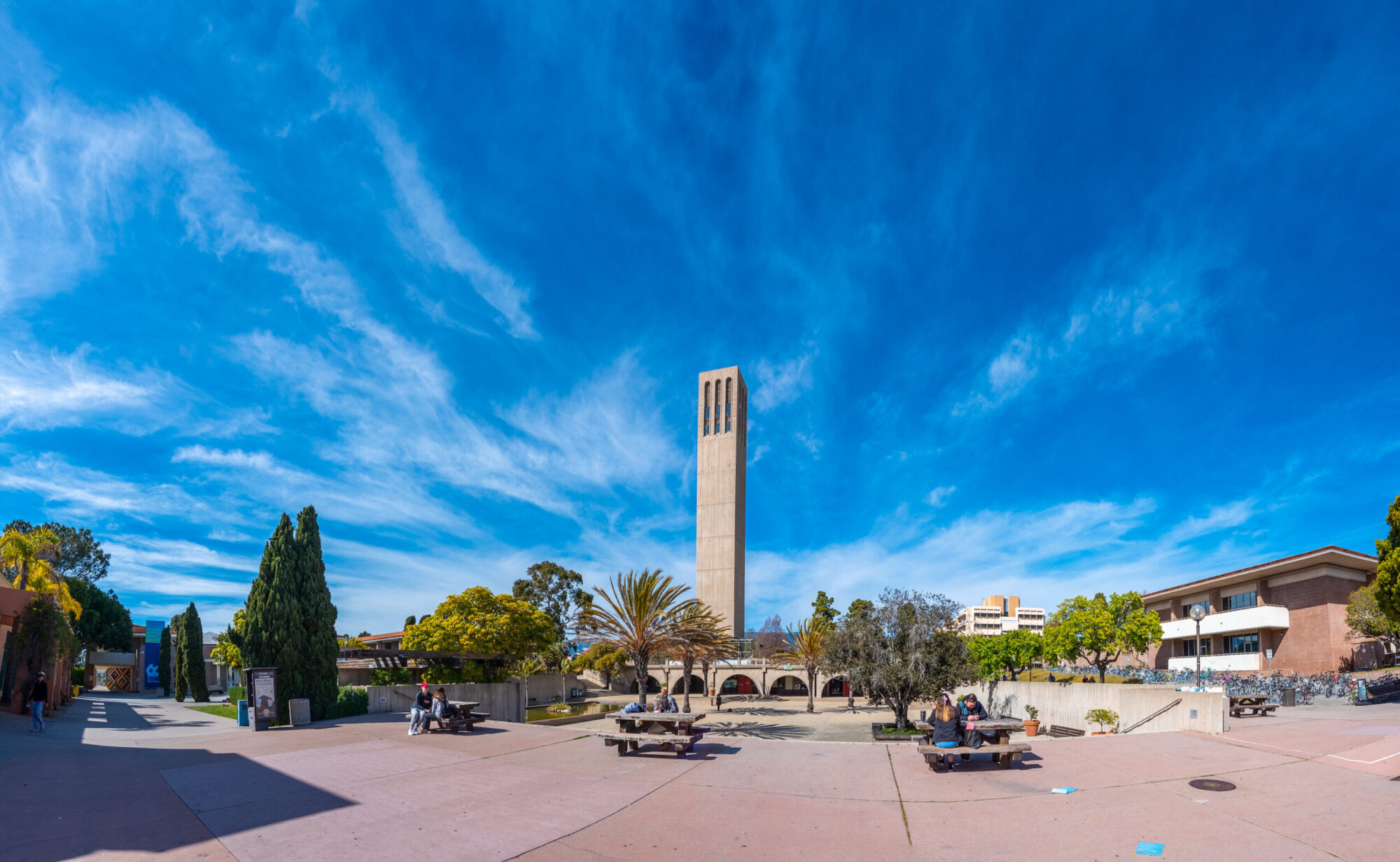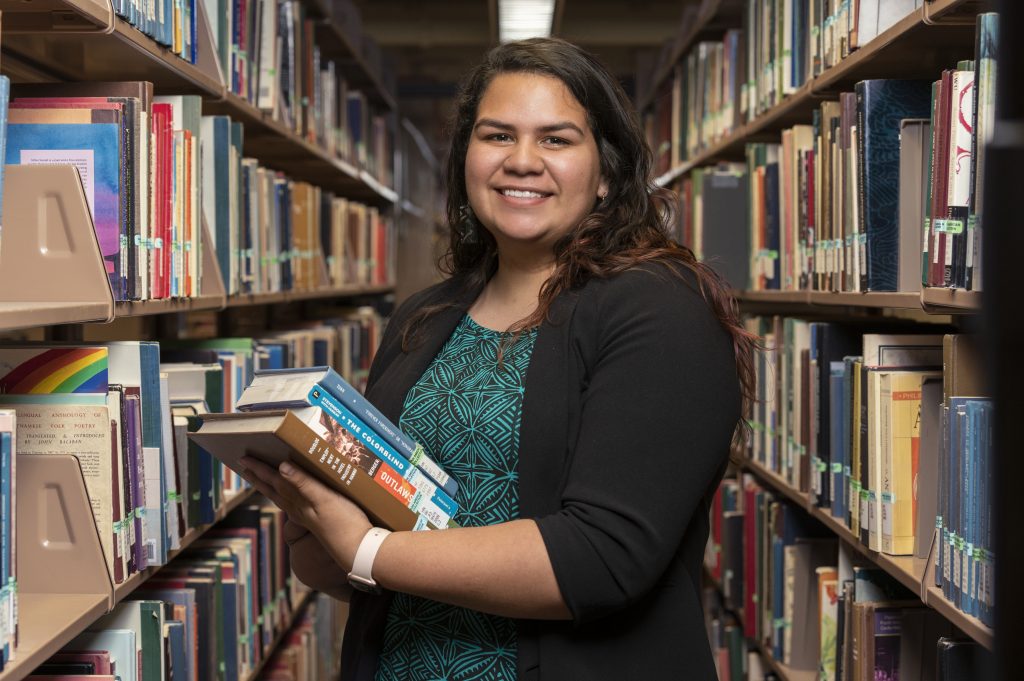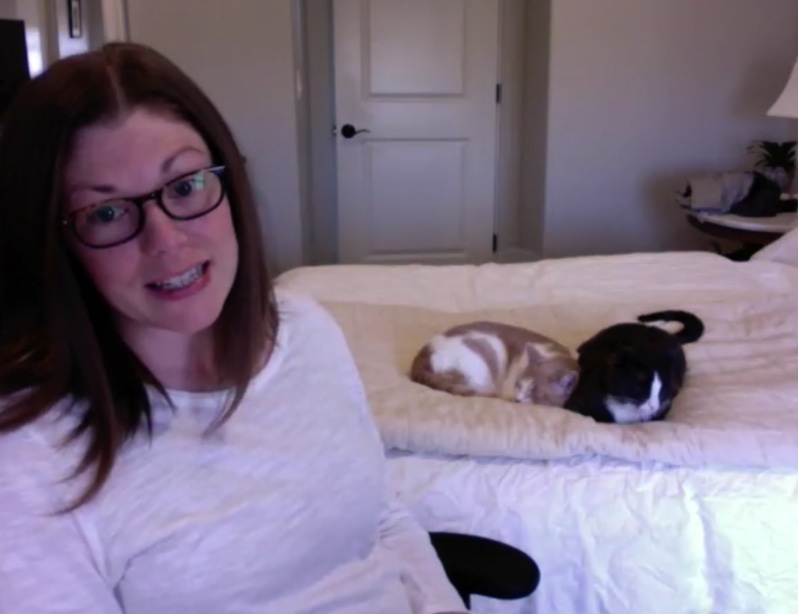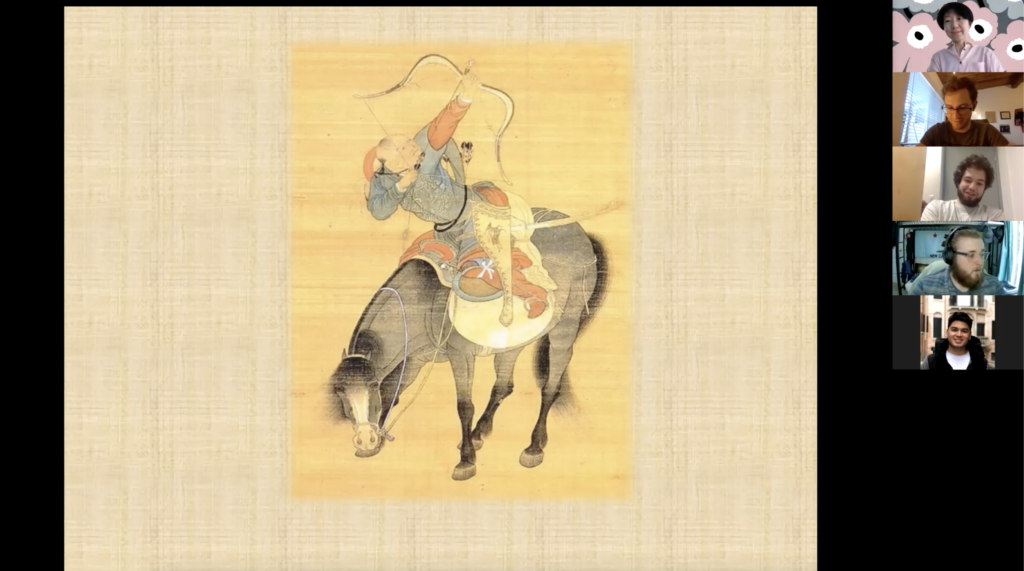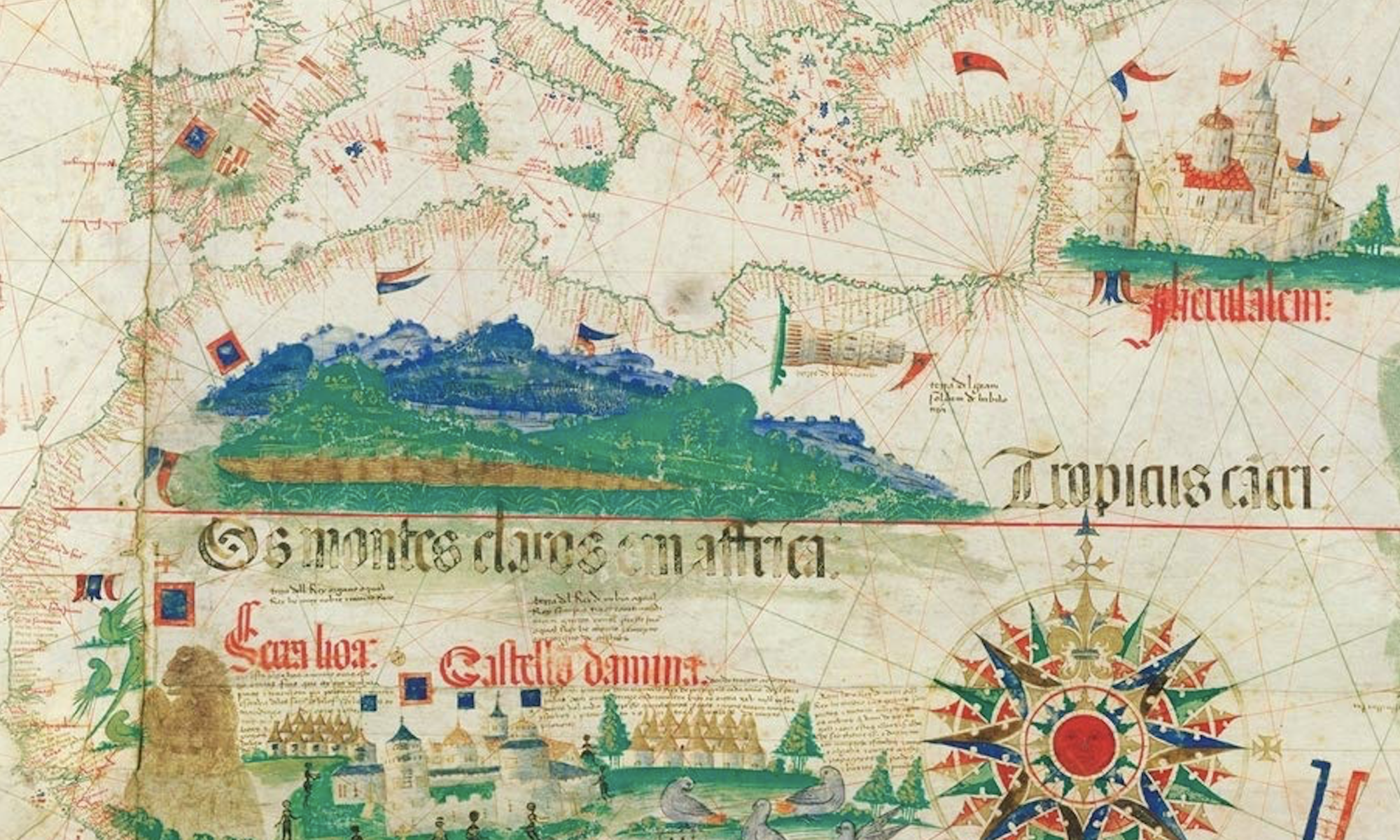Ashley Munoz
Do you have a particular interest in learning more about a specific topic? Maybe the history of IPAs? The historical-cultural significance of your favorite novel?
UC Santa Barbara offers undergraduate students several opportunities to research, develop their critical thinking and writing skills, and advance their interests and passions. Countless students have taken advantage of the many programs and opportunities offered on campus. The current pandemic has not deterred our students from challenging themselves to produce a culminating project showcasing their efforts. Opportunties abound for students to explore their interests: from the history department’s requirement to various research programs to rare funding opportunities.
The History Department requires its students to participate in a quarter-long research seminar under the supervision and guidance of a faculty advisor who specializes in a specific area of history. Articles published in our first issue were written for such classes! This winter quarter brought us research seminars in African History, Public History, Modern British History, Japan, Modern China, and Public Policy. If you are reading this and you just finished one of these seminars: share your project with us! You can submit that paper now.
While you might not know it from its name, the Faculty Research Assistance Program (FRAP) offers students the opportunity to work closely with a UCSB professor. Students can earn credits and can conduct research in any discipline, so you can study anything your heart desires!
History faculty are currently offering three different research projects for students: Professor Digeser’s project on emperor Constantine; Professor Cobo’s project on archival materials from Tunja, Colombia; and finally, Professor Rappaport’s project on the history of public relations and its ties to decolonization. While a research assistant’s responsibilities vary based on the project and the professor, all projects offer you the chance to learn critical research and professional skills. Students working with Professor Rappaport are using Google Sheets/Forms to build a PR professionals database. Those working with Professor Cobo are doing paleographic work (the deciphering of historical manuscripts).
There is also something called the McNair Scholars Program. This nationwide program is geared towards students from underrepresented communities in academia. McNair Scholars gain the opportunity to participate in academic year and summer research activities and attend courses, seminars, and workshops to help prepare for graduate school. They ultimately complete a research project with the guidance of a faculty mentor. They can then present this work at local, regional, and national conferences!
According to the faculty director of UCSB’s chapter, Professor Miroslava Chavez-Garcia, the pandemic has limited students’ ability to conduct archival research, fieldwork, and other labor. Like all of us, student researchers have had to adjust by relying increasingly on digital resources or literature reviews and secondary source literature. Current McNair Scholar, Wren Palmer, is researching the cultural preservation of Pacific Islanders in new media. Unfortunately, Palmer could not study in O’ahu because of the pandemic and found it challenging to set boundaries between work and self-care.
Yet the program continues to offer close guidance and mentorship, “from carrying out research, applying to schools, writing personal statements, and submitting their work for publication.” Palmer, in particular, describes her mentor Professor Spickard’s methods, as inspiring, encouraging, and enthusiastic. Such mentorship is vital to your growth as a scholar.
UCSB has sought to make research accessible and affordable. It offers all students a variety of grants to encourage participation in its programs and independent study. Undergraduate Research & Creative Activities (URCA) grants provide students with up to $750 to conduct research or other projects supervised by a faculty member. All grant winners present their findings at a public forum. The opportunity to research something that excites you while also getting paid to do so is a rare one. We urge you to apply!
Professor Miroslava Chavez-Garcia notes that undergraduate research can be “the turning point in a student’s career.” It allows students to re-imagine themselves as more than students. They become researchers “creating new knowledge but also about the significance of their role in this process.”
Certainly, UCSB offers ample opportunity for students to realize their academic potential as well as pursue their interests. Palmer’s advice. Select a topic about which you are passionate. “Your end product reflects your excitement and dedication to your project,” Palmer explained, “so having fun and taking time to enjoy the research you’re conducting is so crucial.”
While doing undergraduate research might be required of history majors, the opportunities to make this your own are many. We encourage you to do so. This is a once-in-a-lifetime chance to study something you love!
Image Credit: https://wrenpalmer.com/
